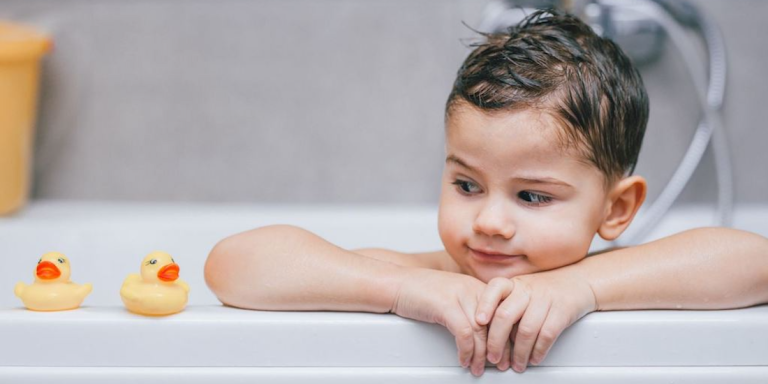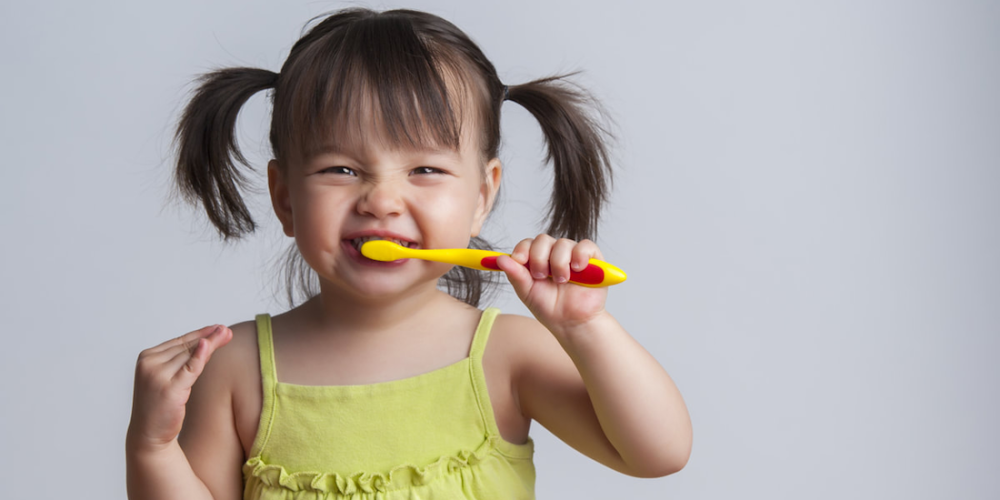
Early habits in handwashing and personal care help children develop independence while preventing common childhood illnesses

New York, N.Y. – Parents and caregivers play a crucial role in establishing proper hygiene habits during early childhood, according to public health experts.
Teaching children good hygiene practices not only prevents illness but also fosters independence and responsibility that benefits them throughout their lives.
Child development specialists note that toddlers and young children are naturally curious and eager to learn self-care skills between ages two and five, making this period ideal for introducing hygiene concepts that will become lifelong habits.
“The foundation for adult health practices begins in early childhood,” says Dr. Melissa Ramirez, pediatrician and child development specialist at Columbia University.
“When we teach children proper handwashing, dental care, and bathing routines early, these behaviors become automatic rather than chores.”
Making Handwashing a Priority

Handwashing remains the single most effective method for preventing the spread of common childhood illnesses including colds, flu, and gastrointestinal infections.
Studies show children who develop proper handwashing habits miss fewer school days and experience fewer illnesses overall.
Experts recommend teaching children to wash hands for at least 20 seconds—about the time it takes to sing “Happy Birthday” twice—and to focus on washing between fingers, under nails, and around wrists.
Making handwashing fun through songs, colorful soaps, or hand stamps that wash away only with proper technique can transform this hygiene necessity into an engaging activity.
“Children learn through play and repetition,” explains early childhood educator Jamie Wilson. “When we incorporate hand hygiene into their routine with fun elements like singing or storytelling, they’re more likely to maintain these habits independently.”
Dental Health Foundations
Tooth decay affects more than 40 percent of children before they reach kindergarten, making dental hygiene particularly important during early childhood. Parents should help children brush teeth twice daily with a small, age-appropriate toothbrush and a rice-grain sized amount of fluoride toothpaste for children under three, increasing to a pea-sized amount for older children.
Dr. Kenneth Chen, pediatric dentist, emphasizes the importance of early dental care: “Many parents don’t realize that dental habits established before age five can determine oral health outcomes throughout adulthood. Making toothbrushing a consistent, positive part of morning and bedtime routines helps children understand its importance.”
Experts suggest parents brush children’s teeth until around age seven, gradually transferring responsibility while maintaining supervision. Making toothbrushing a family activity where children can mimic adults’ techniques helps reinforce proper habits.


Bathing and Body Awareness
Regular bathing teaches children about body awareness and personal responsibility. For toddlers, bath time can be an opportunity for sensory play and learning, while older children can gradually take ownership of their bathing routine.
Child psychologist Dr. Sarah Winters notes: “When we teach children to care for their bodies through bathing and hygiene, we’re also teaching them bodily autonomy and self-respect. These lessons extend far beyond cleanliness into healthy personal boundaries and self-care.”
Health professionals recommend bathing young children 2-3 times weekly, with more frequent washing of hands, face, and diaper area. As children grow, daily bathing becomes more important, especially after physical activities.
Building Independence Through Routine
Consistent routines help children internalize hygiene practices. Morning routines might include toileting, handwashing, face washing, and tooth brushing, while bedtime routines incorporate bathing and dental care.
“The goal is to gradually transition from parent-directed hygiene to self-directed care,” explains developmental psychologist Dr. James Morgan. “By establishing consistent routines early, children develop a sense of accomplishment and independence when they take ownership of these tasks.”
Visual aids like picture charts in bathrooms help young children remember proper handwashing steps or toothbrushing techniques. Positive reinforcement—praise rather than rewards—helps children develop intrinsic motivation to maintain these practices.
Public health officials emphasize that teaching hygiene is not just about cleanliness but about empowering children with knowledge and skills that support their overall development. When approached positively, hygiene education becomes an opportunity for connection and learning rather than conflict.
Parents seeking additional guidance can access resources through pediatricians, public health departments, and educational platforms designed to support childhood development through positive hygiene practices.
Teaching Good Hygiene Builds Foundation For Lifelong Health (May 14, 2025)
#ChildHygiene #HealthyHabits
TAGS: Children’s health, toddler hygiene, handwashing skills, dental care, bathing routines,
childhood development, healthy habits, parenting tips, self-care skills, disease prevention

Social Media
X Blurb: Teaching Good Hygiene Builds Foundation For Lifelong Health. Early habits prevent illness while fostering independence in children. Learn expert tips! #ChildHygiene #HealthyKids http://bit.ly/child-hygiene
Bluesky Blurb: Teaching Good Hygiene Builds Foundation For Lifelong Health. Discover how simple hygiene routines help children develop independence while preventing common illnesses. Pediatricians share their insights! #ChildDevelopment #HealthyHabits http://bit.ly/child-hygiene-guide
LinkedIn Blurb: Teaching Good Hygiene Builds Foundation For Lifelong Health.
Early childhood hygiene education has significant implications for public health outcomes. Research shows children who develop proper handwashing, dental care, and personal hygiene habits before age five experience fewer illnesses and maintain these practices into adulthood. How is your organization supporting family education around these essential life skills?
#ChildDevelopment #PublicHealth #PreventativeCare https://www.example.com/teaching-good-hygiene-builds-foundation-for-lifelong-health
Truth Social Blurb: Teaching Good Hygiene Builds Foundation For Lifelong Health. Expert pediatricians share why early habits in handwashing and dental care are crucial for children’s development and future well-being. #ChildHealth #ParentingTips https://www.example.com/hygiene-habits
Mastodon Blurb: Teaching Good Hygiene Builds Foundation For Lifelong Health. Did you know toddlers between ages 2-5 are at the perfect developmental stage to learn hygiene habits they’ll keep for life? Child health experts explain how consistent routines make all the difference. #ChildDevelopment #HealthyHabits https://www.example.com/hygiene-habits-children
Instagram Blurb: Teaching Good Hygiene Builds Foundation For Lifelong Health. Transform handwashing from a chore to a fun activity with these expert tips! Tap the link in bio for the full guide to establishing healthy habits early.
#ChildHygiene #HealthyKids #ParentingTips #EarlyEducation #ChildDevelopment
Facebook Blurb: Teaching Good Hygiene Builds Foundation For Lifelong Health.
Pediatricians and child development experts agree: the hygiene habits we establish before age five often last a lifetime. From making handwashing fun to establishing consistent bathing routines, these simple practices help children develop independence while preventing common illnesses. What creative approaches have worked in your family?
#ChildHealth #ParentingJourney https://www.example.com/teaching-good-hygiene-builds-foundation-for-lifelong-health
Reddit Blurb: Teaching Good Hygiene Builds Foundation For Lifelong Health.
My pediatrician recently shared that establishing hygiene routines before age 5 creates neural pathways that make these habits automatic for life. We’ve been struggling with toothbrushing battles in our house. What techniques have worked for getting your toddlers excited about hygiene routines?
#ParentingTips #ToddlerLife https://www.example.com/teaching-good-hygiene-builds-foundation-for-lifelong-health
Yoast SEO focus key phrase: